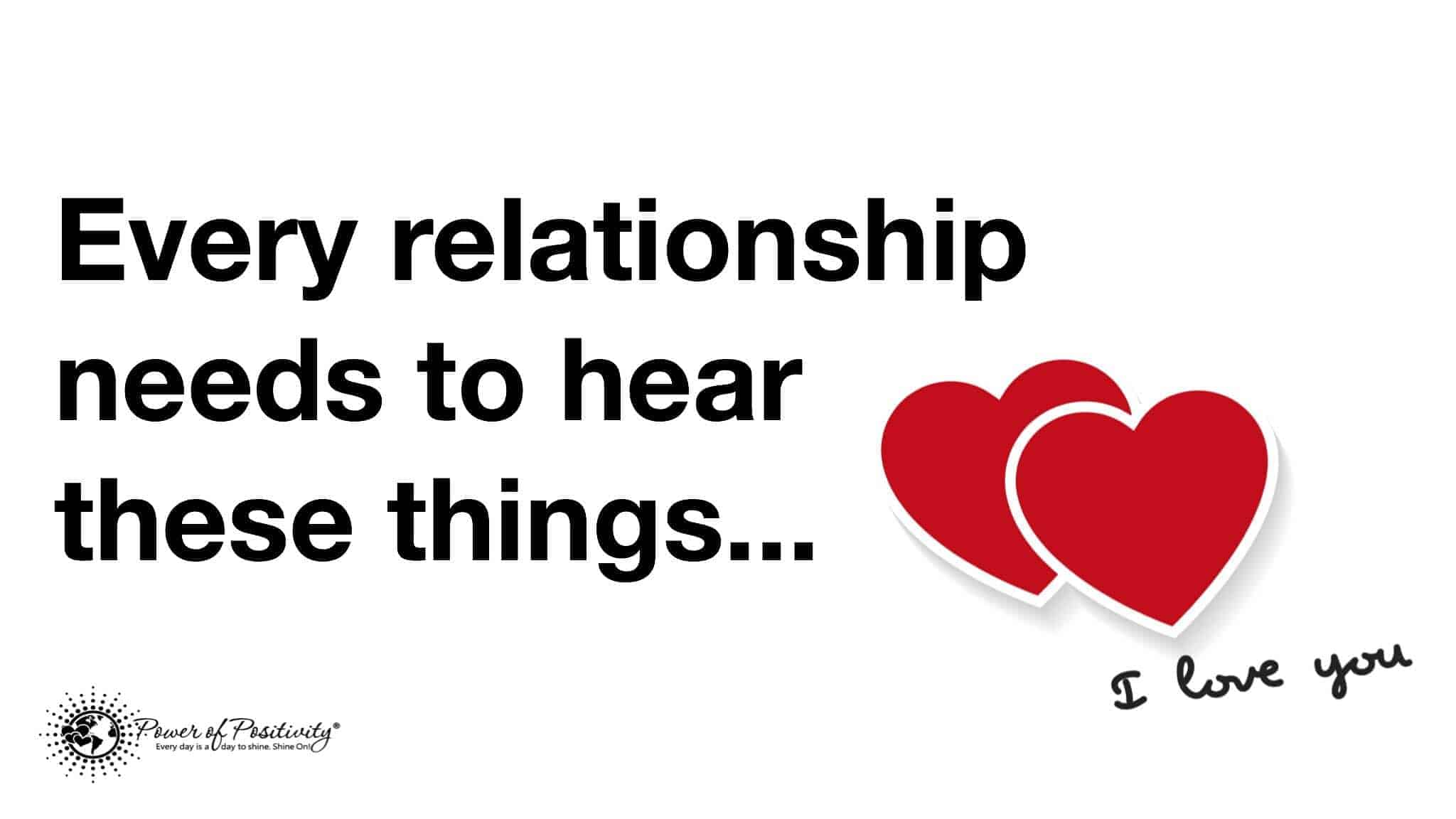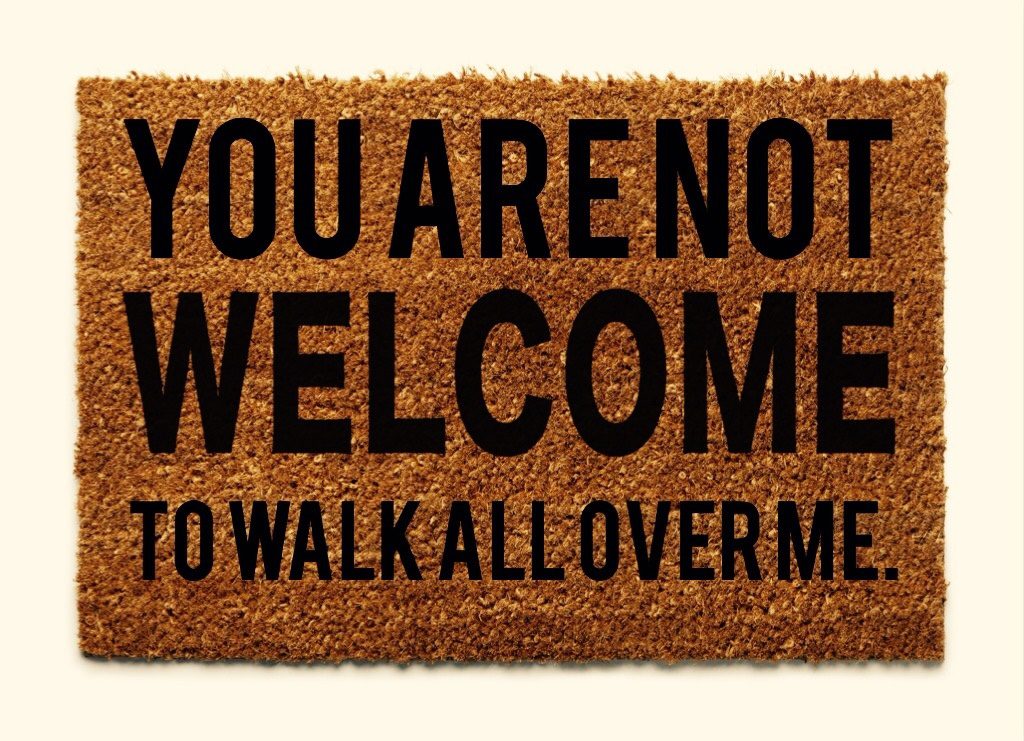Ever notice how many different personalities exist? Psychologists halove to study the innumerable personalities of human beings, dating back to the beginning of man. Philosophers, scientists, and spiritual leaders have contemplated the origins and intricate nature of individual personality for centuries.
It’s worth mentioning that the innate complexity of human beings, including personality traits, is something that is unique to our species. Ever other species, for whatever reason – limited cognitive abilities, ingrained genetic code, evolution, etc. – demonstrate much more “linear” characteristics and ways of living. It is the human capacity to personify our existence and relate to our fellow man that makes us a truly distinctive creatures.
Each personality brings something unique to the human race. To state that one personality or another is more “valuable” or “desired” is an exceptionally narrow point of view. That said, it is commonplace for our most beloved people, past and present, to portray a type of strength that is both reassuring and admired. Such individuals – Mother Teresa, Gandhi, Martin Luther King Jr., Nelson Mandela and Abraham Lincoln, just to name a few – have navigated crises and danger while remaining steadfast, due to a strong personality, in their belief of mankind’s greater good.
Each person mentioned prior faced obstacles that no doubt challenged their courage, including some that were genuinely despised by the very people they attempted to encourage. This piece is designed to encourage such individuals, regardless of whatever forces may be trying to suppress that strength.
Strength does not come from physical capacity. It comes from an indomitable will. – Mahatma Gandhi
Do you possess a strong personality? See how many of these traits you connect with
1. You choose your “inner circle” carefully
Strong people are unique in the sense that they do not require approval. The strong among us wisely understand that “those who mind, don’t matter” and “those who matter, don’t mind.” In other words, those who are fortunate enough to call a strong person a friend have unhesitatingly gained the trust and respect of the strong individual. To the strong, these are the only type of people that you can truly call your friends.
2. You have little tolerance for ignorance
Ignorance comes in many stripes: intolerance, hatred, apathy, and carelessness among them. People of strength detest the nonchalance that many people seem to covet as they navigate through life. People of character respect those that are well-informed, knowledgeable and kind-hearted. In simple terms, those of strength don’t waste their time or energy on ignorance.
3. You don’t require attention
While a strong person’s personality may attract the attention of others, it is certainly not required. In fact, when the time calls for such, strong people can become somewhat solitary. This may be explained by the fact that people need strong people around, necessitating the need for the strong among us to recharge their batteries.
4. You’re a terrific listener
Ever notice how most people act when they’re “listening” to someone? Chances are that they’re constantly fidgeting, looking elsewhere, or checking their phone. Most strong people are also excellent listeners, as they understand the requisites of being someone that others can trust. Most strong people are also quite intolerant of those with an inability to truly listen.
5. Your life isn’t fear-driven
Nowadays, so many people are apprehensive about what might happen. Such people place a premium on security and comfort while sacrificing their desires. This is not the case with strong people. To be clear, strong people feel fear, they just don’t follow fear.
Perhaps John Wayne, a strong personality himself, said it best. “Courage is being scared to death but saddling up anyway.”
Strong people often embrace this personified axiom.
6. You see problems as an opportunity
Building off of the so-called “security and comfort” that the majority of people cherish, the strong among us are different in this regard, in two important ways: (1) they are less concerned about security and comfort, (2) whenever problems occur from a lack of security and/or comfort, they begin to hatch out a plan. Strong people are remarkably adept at converting problems to opportunity – a truly rare trait.
7. You don’t allow excuses
Strong personalities do not permit excuses – from themselves or others. In fact, strong people are often much more difficult on themselves than they are on others, which is saying something quite profound. Instead of making excuses, such people choose to consciously redirect their efforts to finding solutions to problems, no matter how difficult and counterintuitive it may feel.
Stronger people are terrific at rolling up their sleeves and delving face-first into the muck. Simply put…strong people simply despite excuses. They have a tendency to see excuses for what they really are – a drain on energy and a colossal waste of time.











